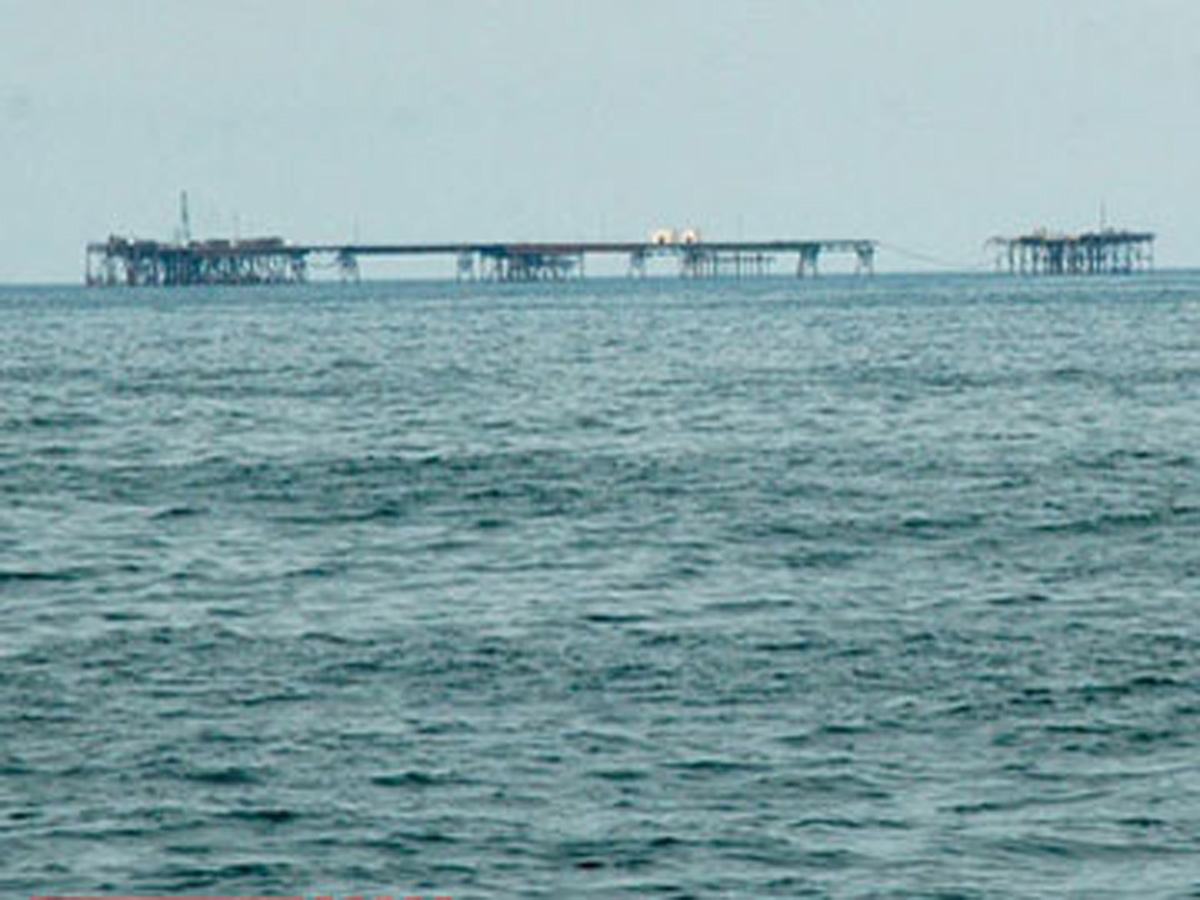Baku, Azerbaijan, Aug. 7
By Elmira Tariverdiyeva - Trend:
The change in the situation with the gas giants of the Caspian region - Turkmenistan and Iran - can affect the problem of the Caspian Sea's status, which, as it just recently seemed, could be solved in the near future.
All the Caspian countries were assuring in September 2014 that the next summit of the heads of state of the 'Caspian Five' will find a definitive solution to the complex issue of delimitating the Caspian Sea's bottom.
At the time, during the 4th summit of the heads of state, the five Caspian countries managed after many years to agree on the key principles of the sea's status.
However, since then the situation has changed dramatically. This was affected both by the sharp deterioration of relations between Moscow and the West, and the improvement in the climate of relations between Iran and the EU, as well as by Turkmenistan's decision to switch from two major buyers of gas to the markets of the European Union.
Thus, today two countries of the region - Iran and Turkmenistan - are conducting massive preparation for diversification of gas supplies, particularly in the direction of Europe.
Currently, Ashgabat is building infrastructure via which gas will be transported from the richest gas fields to the coast of the Caspian Sea through the country's territory.
It would be logical to assume that the construction of a Trans-Caspian gas pipeline will be the next step in creating gas infrastructure.
The Trans-Caspian gas pipeline will be a part of the Southern Gas Corridor and will transport both Azerbaijani and Turkmen gas. Or Turkmen gas can be delivered to the west through Iran which will bring Tehran great benefits in relations with Europe and undermine the regional influence of its main political rival - Turkey which will otherwise become an influential hub for gas supply to Europe.
It is obvious that in this situation, it is not advantageous for Iran to back down from its position against construction of the Trans-Caspian pipeline.
The second question: will Ashgabat invest in the pipeline running through Iran's territory?
The answer is no. At present, one can definitely say this since it is risky. But if all IAEA inspections confirm Tehran's desire to continue cooperation with the West for several years, Turkmenistan can agree to this way of entering the European markets, if it has time to wait.
Moscow is another important factor for torpedoing the problem of determining the status of the Caspian Sea. It realizes that Turkmenistan is the fourth country in the world in natural gas reserves. This can greatly weaken the positions of Gazprom in Europe.
Taking into account that Europe has strongly lobbied for the construction of the Trans-Caspian gas pipeline, which will be part of a gas corridor in the EU, Russia could also do everything to slow down the process of determining the status of the Caspian Sea, thus, delay the Turkmen gas supply to the European market until it supplies its gas to the European markets through the new supply routes.
Despite the fact that Baku and Ashgabat have repeatedly stated that the construction of the Trans-Caspian gas pipeline concerns only these two countries, Russia constantly focused on the fact that any decisions can be made only by consensus of the five Caspian littoral states.
Otherwise, any decisions will be illegitimate in Moscow's opinion. The Russian side hopes that the EU cannot ignore this point.
However, at present, given the rather harsh political confrontation between Russia and the West over the crisis in Ukraine, Europe can ignore Russia's opinion about the "illegitimacy" of construction of the gas pipeline between the two sovereign states along the bottom of the Caspian Sea, like Moscow ignores the illegitimacy of the Crimea's annexation by Russia.
Regarding Moscow's arguments about the environmental threat posed by the possibility of laying the gas pipeline under the Caspian Sea, Russia first set a precedent of laying pipelines in a much more aggressive environment along the bottom of the Black Sea.
Edited by CN
---
Elmira Tariverdiyeva is Trend Agency's staff writer






